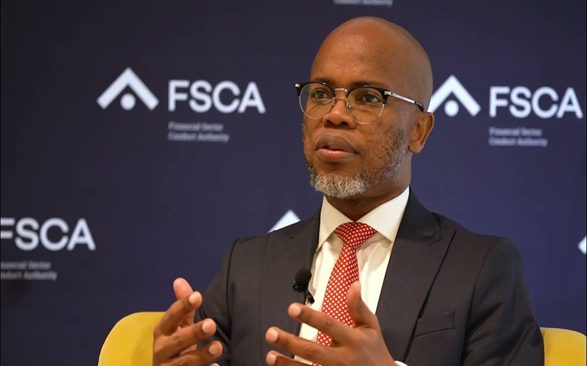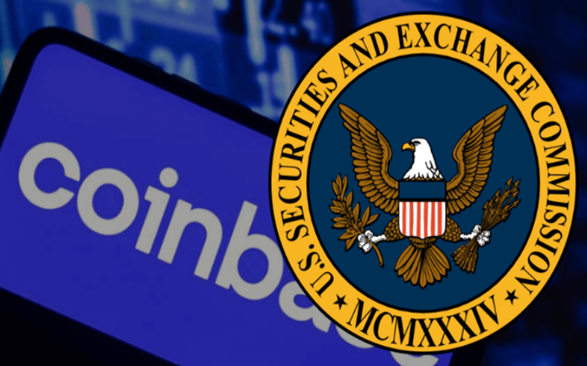by Jude Ayua
South Africa’s Financial Sector Conduct Authority (FSCA) has approved 248 crypto asset service providers (CASPs), as reported in the FSCA Press Release on 12 December 2024. The FSCA, led by the Commissioner Unathi Kamlana since June 2021, said it has received 420 CASP licence applications, of which it approved 248 and declined nine.
While 106 applicants have voluntarily withdrawn their applications after engagements with the FSCA about their business and operating models, the FSCA is still processing 56 applications.
The press release detailed key reasons for declining CASP licence applications including applicants failure to “meet the applicable fit and proper requirements under the FAIS (Financial Advisory and Intermediaries Services) Act,” particularly the following:
Operational ability requirements, i.e., failure to provide clear and comprehensive business plans and business model descriptions outlining crypto asset activities and key business and operational frameworks to support such activities.
Competency requirements, i.e., failure or inability to demonstrate the requisite knowledge and practical experience pertaining to crypto assets.
The FSCA gave applicants that have voluntarily withdrawn their applications and those whose applications have been declined to re-apply in future, provided they meet the applicable licensing requirements. It further restricted such CASPs from undertaking any CASP-related activities or they will be subject to regulatory action by the FSCA. The restriction exempts November 2023 applicants who have received permission to operate pending approval or denial.
Read also: Crypto, Web3 adoption and ownership in Africa: Nigeria, South Africa leading.
Crypto assets not currency
The FSCA clarified that South African Reserve Bank does not currently recognise crypto assets as currency, emphasizing that media reports implying otherwise are incorrect. The FSCA’s license does imply the recognition of crypto assets as a legal tender. It defined crypto assets as:
A digital representation of value that is not issued by a central bank but is capable of being traded, transferred or stored electronically by natural and legal persons for the purpose of payment, investment and other forms of utility; applies cryptographic techniques; and uses distributed ledger technology.
The FSCA further reminded the public of its authorisation and supervision of CASPs only if they render financial services related to crypto assets compliant with the FAIS Act.
Read also: Nigerian SEC raises the bar for VASPs in proposed amendment
Related developments in South Africa
South Africa is one African country making notable progress in crypto adoption, ownership, and regulation. In November 2024, South Africa’s Financial Intelligence Centre issued a Directive mandating CASPs to collect users’ data in compliance with the Financial Action Task Force Recommendations. In the 2024 Consensys’s Global Survey on Crypto and Web3, South Africa was second in Africa in terms of adoption and ownership. Triple-A’s global state of cryptocurrency ownership report in May 2024 ranked South Africa first in Africa. Also in Chainalysis’ geography of crypto report in October 2024, South Africa was second in Africa.
Read also: South Africa mandates crypto platforms to collect user data.
Jude Ayua is a policy analyst at CAB. A lawyer, Jude is an associate at Infusion Lawyers where he is a member of the Blockchain & Virtual Assets Group. He is also a member of the Policy & Regulations Committee of the Stakeholders in Blockchain Technology Association of Nigeria (SiBAN). Jude reports and writes on crypto policy and regulations. jude@infusionlawyers.com
Discover more from Crypto Asset Buyer
Subscribe to get the latest posts sent to your email.




